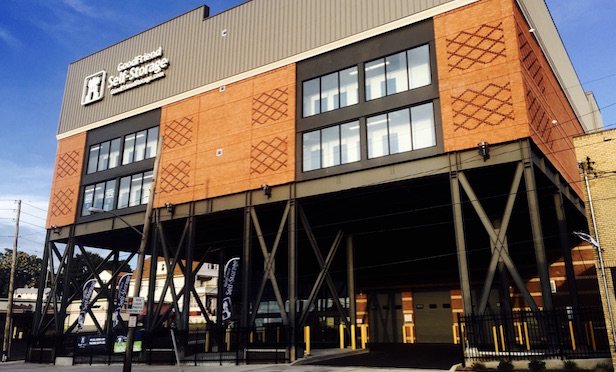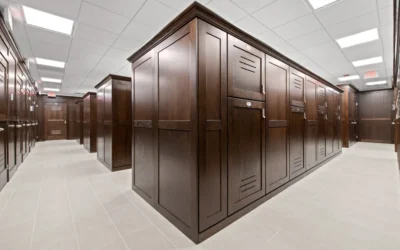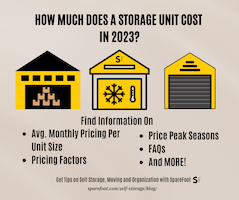Talonvest Capital Inc. recently completed the negotiation of a $48.4 million refinance bridge loan. Nothing unusual there; Talonvest is currently negotiating transactions worth between $7 million and $125 million.
But a note of caution from Thomas Sherlock, one of Talonvest’s three principals.
“The demand for this type of loan from borrowers is increasing, but the capital for it is not abundant,” he said. “There’s only a handful of lenders that will do this type of loaning. We’re always looking to get more lenders that will do this type of loan.”
The peak of this type of financing, he claims, came in the fourth quarter of 2018. “It’s a little harder to get this done today,” Sherlock said. “There’s just not as many lenders lending.”
The bridge loan was secured by three self-storage facilities in the New York metropolitan area (in the Bronx, New Rochelle and Mount Vernon, with a combined 175,431 net rentable square feet), which are part of a partnership of Clark Investment Group of Wichita, Kansas, and GoodFriend Management of New York City.

GoodFriend Self-Storage at 316 W. First St., Mount Vernon, NY is one of three properties now refinanced with the help of Talonvest Capital.
Talonvest, based in Irvine, California, served as the mortgage broker, representing the borrower to get this capital, and helped form a cash out, nonrecourse, three-year, interest-only loan.
“They (the partners) paid off the existing financing and will use the cash out for future investments, and will be doing more deals, more investment,” Sherlock said.
Bob Baker, president of Clark Investment Group, expanded upon the loan’s benefits. “This bridge loan returned equity, shifted us to nonrecourse, and provided us with ample time to achieve economic stabilization,” he said in a news release.
Talonvest, which calls itself “a boutique self storage and commercial real estate mortgage brokerage firm,” had the team of Sherlock, Kim Leslie Bishop, Jim Davies and Eric Snyder work on the loan.
There are three main reasons why a borrower will seek higher loan-to-cost bridge loan refinances, Sherlock notes.
- To capture some of the borrower’s original equity invested in the project, and perhaps redeploy it into new investments.
- They can live with a nonrecourse loan and not having someone to guarantee the loan. “The majority of borrowers who’ve operated in the commercial real estate space, they’ve seen cycles,” Sherlock said. “They remember the Great Recession and how things go south. They say, ‘You know what? I don’t want to have any personal guarantees associated with my loans.”
How risky is it to not have a personal guarantee? “It’s in the eye of the beholder,” Sherlock said. “There are some borrowers who are comfortable having recourse, or personal guarantees, associated with the loan.”
- The borrower reduces risk by getting more time for the economic stabilization of the property. Leases are lower than usual, Sherlock said, so, “This loan gives somebody more time to get to that economic stabilization, while they’re still in lease-up.”
Overall, he expects to a busy market to continue.
“We think the demand for capital will stay very strong for at least the next year or two and we think things are going to be very active,” Sherlock said.







